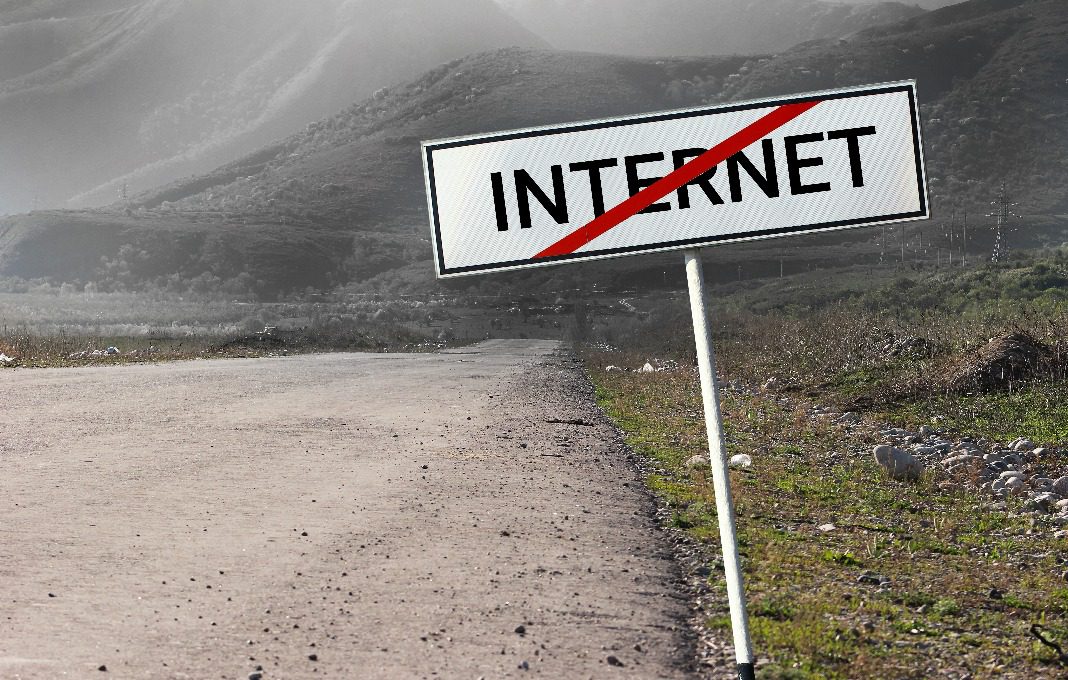 What would you say if I told you someone turned down early release from prison due to lack of opportunity? It sounds ridiculous, doesn’t it? Who would choose to remain incarcerated when they have the option to go back home? Unfortunately, I know someone who needed to make that choice.
What would you say if I told you someone turned down early release from prison due to lack of opportunity? It sounds ridiculous, doesn’t it? Who would choose to remain incarcerated when they have the option to go back home? Unfortunately, I know someone who needed to make that choice.
I am the chief social responsibility officer for a company that employs currently and formerly incarcerated women. Our model is centered on creating a prison-to-workforce pipeline. Ultimately, we want all of our incarcerated employees to achieve successful, rewarding careers after they are released from prison. That’s why I was so surprised when one of the women who had done exceptionally well in our program turned down early release to continue working while incarcerated.
The conditions of her release, which included being placed on house arrest, would have limited work opportunities and stalled her career growth. This is because she would not have access to the digital infrastructure, such as high-speed broadband or cellular internet access, that would make remote work possible for her. Lack of access to broadband internet or high-speed cellular service were not a condition of her release. These services simply were not widely or affordably available in the area to which she would be released and needed to stay.
This is part of a larger problem in the U.S., made clear by the nearly overnight shift to remote work brought on by the Covid-19 pandemic. Access to our country’s digital infrastructure is not yet available or affordable enough to support the needs of all Americans, especially those in marginalized communities.
Solving the Cost and Availability Problems
The most recent data from the Federal Communications Commission (FCC) indicates that broadband internet is not available to approximately 14.5 million Americans. Further, research done by Microsoft in 2020 indicated that approximately 120 million Americans were not using the internet at broadband speeds. It’s easy to think that availability of high-speed internet service is the issue based on the FCC data, but Microsoft’s data implies that cost is perhaps the more significant barrier.
The Biden administration recently announced the Affordable Connectivity Program (ACP), which is a significant step forward in reducing the cost of high-speed internet for many Americans. The program caps the cost of high-speed internet to $30 per month for eligible households, and 20 leading internet providers have signed on.
While broadband internet was a luxury at one time, both work and education are moving progressively more online, making high speed internet a necessity for most households. The ACP does not eliminate the cost issue entirely, but it does enable affordable access for millions of Americans. The currently underserved communities that benefit from the program will have new access to educational resources and career opportunities from which they would otherwise be excluded. And as both public and private sector organizations extend digital infrastructure into areas not currently covered, the digital divide between urban, suburban and rural communities will continue to close.
Access Enables Opportunity
Affordable, accessible broadband internet is a massive boon for Americans, but it’s also important for the business world and our economy. No matter how many companies call their employees back into the office, remote work will continue to persist as part of our new normal. Companies that have fully leaned into remote work and their employees are already reaping numerous benefits. Two of the most significant benefits are access to diverse talent and the ability for employees to relocate. Companies no longer limited by geography, and can now hire top talent from across the country. Employees no longer need to uproot their lives, funneling into major metropolitan areas for access to the best career opportunities.
As broadband internet access becomes more widespread and more affordable, people can truly work and learn from anywhere. Enabling workers to stay in their communities allows them to support growth in those communities and their local economies. What’s more, employees who must stay within certain areas of the country for medical reasons, to care for family, and yes, even as a condition of their release from prison will have access to more and better opportunities than ever before. In turn, companies will have a larger talent pool of knowledge workers, and most likely, an easier time filling open roles. They will also have an increased incentive to invest in currently underserved communities, knowing that their employees live and work there.
Creating Digital Equity and Inclusion
As an executive for a company that is centered on second chances, as well as the executive director for a nonprofit focused on career readiness and second-chance opportunities for formerly incarcerated women, I see affordable, accessible broadband internet as a top priority.
Technology-readiness is already a significant issue people face when they are released from prison. Many people who are incarcerated come from marginalized populations and underserved communities. If they are released from prison into an environment where they cannot engage in the digital world, their career and education options are even more limited than they would be otherwise. Ensuring that people and families impacted by incarceration have access to online resources and opportunities will give these people more paths to success. Online access to higher education, skills courses and remote work can help people in marginalized and underserved communities meaningfully improve their circumstances.
The advances in technology over the last few decades have been incredible. Our world is the most connected it’s ever been. As we take steps to make the real world a more inclusive and equitable place, we must continue to include more people in the digital world as well. Because if we are serious about inclusivity in the U.S., that means including everyone, everywhere.
